Estimated reading time: 4 minutes
Program owners often wonder, “why not just offer cash?” as a sales incentive reward. Research proves that cash is simply not as effective or efficient as non-cash rewards. Here’s what you need to know when considering cash versus non-cash for your incentive program.
What We’ll Cover
- Emotional and social impact: Discover how non-cash rewards create lasting memories, spark positive feelings, and generate social buzz that motivates even non-recipients.
- Performance and engagement boost: Learn how tangible rewards inspire stronger results, encourage future effort, and foster appreciation and loyalty.
- Efficiency and brand alignment: Explore how non-cash rewards deliver high perceived value, are cost-effective, and reinforce your brand relationship with top performers.
Let’s dig in.



🧠 Mental Accounting
Earners mentally lump cash into their salary, use it to pay bills and other practical purposes, and promptly forget about it. Non-cash rewards are far more memorable and have positive associations with your organization. They are also more often used for luxury items or wish-list choices, linking the program with positive feelings.
🎯 Effort Justification
Experiments show that program winners consistently overestimate the value of tangible non-cash rewards, even when there is an associated denomination—such as on a gift card—or known dollar value.
🏆 Trophy Value
It is socially acceptable—or even encouraged—to discuss earning a tangible reward. These rewards are publicly celebrated and discussed, driving motivation out to even those who have not won. But cash compensation is rarely discussed, losing all opportunities for social buzz after the fact.
🚀 Perseverance
Research shows that earners who won non-cash rewards significantly outperformed those who won cash when faced with the next contest. What’s more, underperformers were more motivated to win in the second round of the non-cash program.
🤝 Reciprocity
A non-cash reward feels more like a gift than cash does for the recipient. This sets up appreciation and an instinct to reciprocate with strong performance going forward.
When a reward is seen as transactional, rather than intentional and thoughtful, it is less effective, less memorable, and less likely to inspire future effort.
📈 Your Business
Non-cash rewards are less expensive than cash, relative to their perceived value. It’s literally more bang for the buck.
Cash is often confused with compensation, making it difficult to adjust your programs for market conditions without seeming to impact top performer pay. This avoids an appreciation versus entitlement challenge down the road.
Non-cash rewards are associated with your brand, building the relationship with high performing employees and partners, instead of lumped in with compensation and forgotten.



All in all, non-cash rewards are simply more memorable, highly valued, and efficient for your program.
Ready to Elevate Your Loyalty Program?
Discover how non-cash rewards can transform engagement and performance in your organization.
Let’s Chat✏️ Expand for Sources
- The Benefits of Non-Monetary Incentives The Incentive Research Foundation
- Award Program Value and Evidence The Incentive Research Foundation
Learn about our latest insights
- Five Things to Keep in Mind When Crafting Your Employee Recognition Communications Plan
- Open Position: Sourcing Specialist
- Gen Z in the Workplace: How to Motivate and Engage the Next Generation
- Why Non-Cash Rewards Are More Effective Than Cash
- Making the Case: Incentive Travel is a Must-Have in Your Sales Strategy



